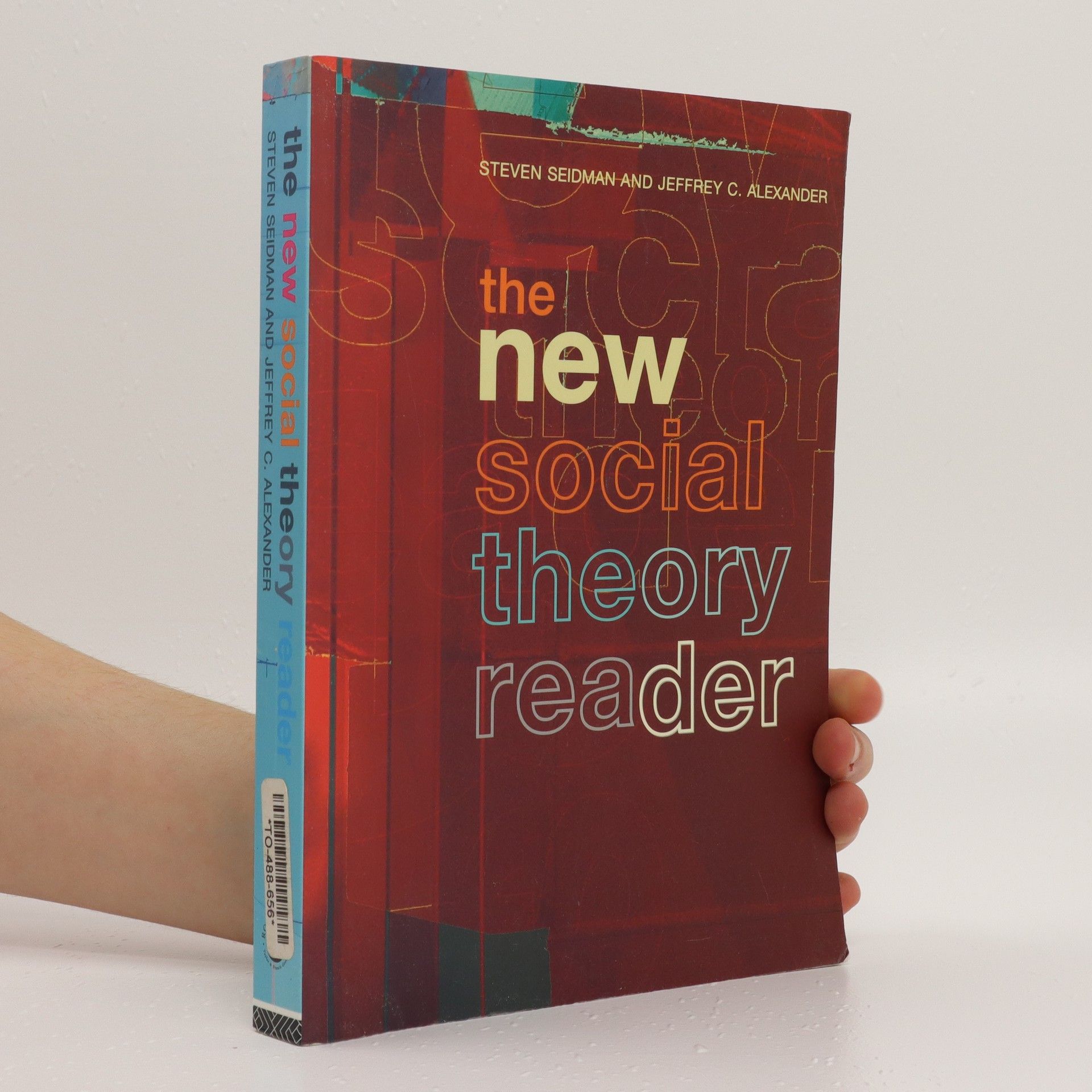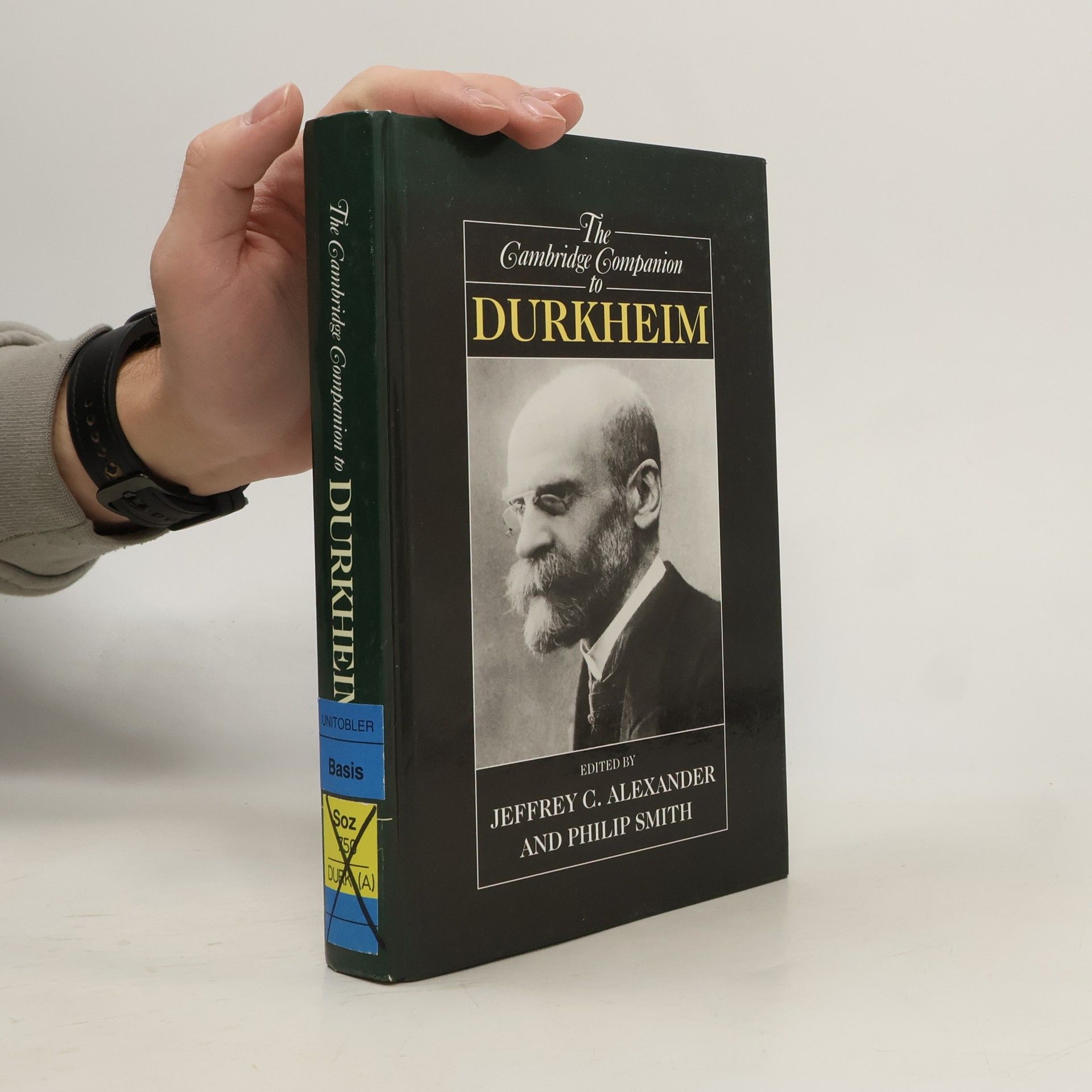What Makes a Social Crisis?
- 180pages
- 7 heures de lecture
In this book Jeffrey Alexander develops a new sociological theory of social crisis and applies it to a wide range of cases, from the church paedophilia crisis to the #MeToo movement. He argues that crises are triggered not by objective social strains but by the discourse and institutions of the civil sphere. When strains become subject to the utopian aspirations of the civil sphere, there emerges widespread anguish about social justice and the future of democratic life. Once admired institutional elites come to be represented as perpetrators and the civil sphere becomes legally and organizationally intrusive, demanding repairs in the name of civil purification. Resisting such repair, institutional elites foment backlash, and a war of the spheres ensues. This major new work by one of the world’s leading social theorists will be of great interest to students and scholars in sociology, politics, and the social sciences generally.







